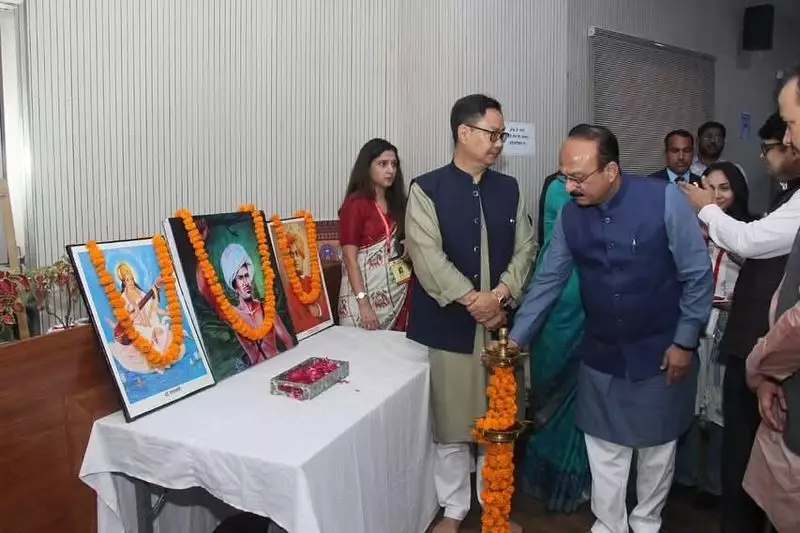
Delhi University's Rajdhani College recently organized a significant academic conference dedicated to exploring and honoring the enduring legacy of tribal freedom fighter Birsa Munda. The event brought together scholars, students, and experts to examine the contemporary relevance of Munda's revolutionary work in today's India.
Celebrating Indigenous Leadership and Resistance
The conference served as a platform to discuss Birsa Munda's crucial role in India's freedom struggle and his advocacy for tribal rights during the British colonial era. Academics and researchers presented papers analyzing various aspects of his leadership and the impact of his movement on indigenous communities across the country.
Dr. Rajesh Giri, the principal of Rajdhani College, emphasized the importance of remembering and studying tribal leaders like Birsa Munda, whose contributions to India's independence movement often remain underrecognized in mainstream historical narratives.
Contemporary Relevance and Academic Discourse
Participants at the conference engaged in detailed discussions about how Birsa Munda's vision and principles continue to inform contemporary debates around tribal rights, environmental conservation, and sustainable development. The sessions explored the intersection of indigenous knowledge systems with modern governance frameworks.
Several faculty members and research scholars presented their work, examining Munda's legacy from multiple disciplinary perspectives including history, sociology, political science, and environmental studies. The conference facilitated meaningful dialogue about preserving cultural heritage while addressing current challenges facing tribal communities.
Educational Impact and Future Initiatives
The event successfully created awareness among students about the rich history of tribal resistance movements in India. College authorities indicated that this conference represents part of their ongoing commitment to inclusive education and diversifying the academic curriculum to include more perspectives from marginalized communities.
The conference concluded with resolutions to continue research on indigenous leadership and to develop more academic programs focused on tribal history and rights. Participants agreed that understanding figures like Birsa Munda is essential for building a more comprehensive understanding of India's freedom struggle and for creating equitable development policies that respect indigenous knowledge and rights.





